Great shows with bad first seasons almost feel like a luxury in the modern streaming era. At a time when new projects are relatively abundant and often treated as disposable, shows are forced to find a substantial audience out of the gate or risk being canceled. There are far fewer instances of an interesting series with a small, but dedicated, fanbase being allowed to grow into itself in subsequent seasons.
That said, it’s difficult to revisit some of the worst first seasons of your favorite shows and try to imagine sticking with them if you didn’t know what they would eventually become. Yes, most shows need time to grow. A long-running series’ first season is rarely its best season or even among its best seasons. Still, these debut efforts will leave you wondering how these shows got renewed in the first place.
Star Trek: The Next Generation
Available on: Paramount+ (U.S. and U.K.), Netflix (U.K.)
It’s easy – and not entirely inaccurate – to blame Gene Roddenberry for The Next Generation’s first season. By all accounts, Roddenberry desperately tried to maintain creative control over the series and ensure that the show followed a direction he outlined early on. Unfortunately, the first season’s revolving door of writers struggled to work within Roddenberry’s often immovable boundaries and attempts to revive old ideas that were questionable, at best, in the first place.
The result is one of the strangest collections of episodes you’ll ever see from an otherwise beloved series. This season’s lackadaisical pacing may have worked in a more serialized show slowly building toward something. Sadly, many episodes often drag along with only half-hearted attempts at drama occasionally appearing to remind you that you’re still alive. Even the wonderfully weird moments are too scattered to be anything more than frustrating blips on a static radar. Mercifully, the season’s better episodes and some beneficial behind-the-scenes circumstances showed a better way forward that TNG would soon follow.
Parks and Recreation
Available on: Peacock (U.S.), ITVX (U.K.)
You can sum up Parks and Recreation‘s woeful six-episode first season with the name “Mark Brendanawicz.” Due respect to actor Paul Schneider (who tries his absolute best with what he was given), but that character’s painfully generic love interest role gets to the heart of a series so desperate to maintain its “kind of like The Office” origins that it was seemingly terrified of displaying more than a hint of personality lest everything go off the rails.
This is essentially a season-long pilot filled with generational talent going through the motions as they struggle to figure out their characters. It has all the awkwardness and scattered humor of going to an improv show on amateur night. It’s remarkable that this show was able to turn things around so quickly in the early parts of its second season. As for Mark, he stayed around for a time, though the changing direction of the series made it clear there wasn’t a place for such a throwback character concept. Perhaps Mark should have been louder, angrier, and given access to a time machine.
Halt and Catch Fire
Available on: AMC+ (U.S.)
Every Halt and Catch Fire fan reaches that point in their life when they have to seriously weigh the consequences of continuing to push this show on their friends. Desperate pleas of “It gets better!” are soon undercut by the painful admission that you can’t skip the lackluster first season of this otherwise compelling drama about the rise of the PC industry during the ‘80s and early ‘90s. At some point, you start to sound crazy going to bat for this one.
Much like its AMC cousin Mad Men, Halt and Catch Fire’s early episodes rely on its period-setting atmosphere and mood to do much of the heavy lifting. Unlike Mad Men, that setting is not nearly as immediately striking – at least as the show presents it – to make the necessary first impression. What you’re left with is a show trying to navigate a real insider baseball concept with the help of characters that feel like they were plucked from other series they would much rather be in. Halt and Catch Fire essentially rebooted itself after season one, though it retained enough of that first year to make its debut episodes a painfully necessary part of the experience.
Sex and the City
Available on: Max (U.S.), Netflix (U.S.), Sky (U.K.)
Sex and the City’s season one struggles often get lost in the discussions about the show’s innovations and significance. I completely understand why. Even a lesser version of this series felt positively refreshing in 1998 on the cusp of what would prove to be the early days of the “prestige TV” era.
In retrospect, though, Sex and the City’s debut season feels like an almost entirely different show. You can write off the season’s cheap look as circumstances of the times, but the constant fourth-wall breaks and almost documentary-like cutaway sequences are often jarring. Early on, the show also had this strange habit of devoting too much time to a parade of side characters while leaving its main cast stuck in a series of questionable circumstances that you’d struggle to imagine them in now.
Angel
Available on: Hulu (U.S.), Disney+ (U.K.)
The first season of Buffy the Vampire Slayer is also pretty rough, but you can still see significant traces of what that show would become through all the growing pains. When Angel debuted, there was plenty of reason to hope the series would hit the ground running and confidently exhibit its creative identity out of the gate. Hey, that’s what we eventually got from Firefly.
Sadly, Angel’s first season often feels like a parody of the entire spinoff concept. Buffy characters keep making “Why, it’s our old friend!” cameos in Angel’s new life, and even those characters that would become significant down the line – most notably, Wesley, – struggle to find a place for themselves early on. What we’re left with is a motley collection of “case of the week” episodes and some half-hearted attempts to make the series’ one significant new character (Doyle) feel like the heart of the show. Even this series’ worst seasons (you know I’m looking at you season 4) at least felt like they were experimenting with far more interesting ideas.
Seinfeld
Available on: Netflix (U.S. and U.K.)
At this point, the “show about nothing” is such an inarguable cultural institution that it’s tough to remember the time when that whole concept seemed doomed to fail. If you really want to remember what those times were like, though, just watch Seinfeld’s five-episode first season.
Fundamentally, the idea of watching Jerry and his friends struggle through often exaggerated versions of real-life social scenarios was established pretty early on in the series. Everything else just feels…off. It makes sense that the characters took time to grow into the versions of themselves we know and love, but few of them – especially Kramer – feel like much of anything early on. Worse, that razor-sharp writing that would eventually define this series was clearly still being honed in these early episodes. Granted, season 2 and 3’s episodes were still figuring things out, but those episodes often offer a pleasantly grounded contrast to what the show would soon become. Season 1 of Seinfeld is…well, truly a show about nothing.
Person of Interest
Available on: Freevee (U.S.)
Many shows use the “X of the week” format during their first season as a way to grow an audience while trying out bigger ideas. Even in shows where that format doesn’t entirely work compared to what comes next – like The X-Files and Hannibal – you still get enough of a glimpse of better days to come to make them eventually feel like pieces of a greater whole. Sadly, Person of Interest’s first season still sticks out like a sore thumb.
Person of Interest’s debut season is one of the better seasons on this list, but it’s difficult to watch it and trust those who insist that this series gradually becomes one of the best sci-fi shows of the last 20 years. Instead, Person of Interest’s first season offers a fairly typical CBS procedural that is occasionally sweetened by its “supercomputer that predicts crimes” plot device. If you’re into that style of show, it offers a pretty good version of it. If not, you’ll really have to have faith that this thing eventually earned its rabid following.
It’s Always Sunny in Philadelphia
Available on: Hulu (U.S.), Netflix (U.K.)
Many great comedies have bad pilots and rough first seasons. It just takes time for everyone involved – writers, characters, and the audience – to establish that connection that allows such shows to hit their stride. That said, even Always Sunny’s creators have said that it’s hard for them to watch these early episodes and understand how the show was allowed to continue.
This is the only Always Sunny season without Danny DeVito, and you certainly start to feel his absence if you’re only familiar with that era of the long-running comedy. The bigger problem is that Charlie Day, Glenn Howerton, and Rob McElhenney were essentially trying to figure out even the basics of making a TV show on the fly. Everything feels like a struggle during this season, and that trickle-down effect impacts jokes and scenarios that are otherwise not too far off from what the show would eventually become. It’s one of the easiest “skip this season” options when you’re recommending a show to friends.
Justified
Available on: Hulu (U.S.), Disney+ (U.K.)
Much like Person of Interest, it’s easy enough to recommend Justified’s first season to someone as long as they’re not expecting much more than a standard procedural crime show. If you don’t have a fondness – or maybe a weakness – for those kinds of shows, then you’ll likely find Justified’s debut episodes to be a wild series of ups and downs that ultimately doesn’t amount to much.
Actually, it’s fascinating to consider that many of this season’s best moments involve Boyd Crowder: the Walton Goggins character who was originally supposed to die in the series’ pilot. When much of a show’s juice comes from a character who wasn’t even supposed to be there in the first place, you know you’ve got a season of experiments and failures.
BoJack Horseman
Available on: Netflix (U.S. and U.K.)
If BoJack Horseman was canceled after its first season, it probably would have become one of those Netflix shows with a rabid following of fans who insist it still had so much to offer. They may have been right in retrospect, but they’d be defending a debut season so far removed from the brilliant meditations on loneliness, celebrity, and humanity that this show would eventually offer that you have to wonder if the whole thing is somehow an intentionally weak part of the series’ meta storytelling style.
That’s almost certainly not the case, but it’s probably best to treat this season as some kind of commentary on the adult animated TV series trends that were popular around at that time. Because this first season lacks many of those deeper elements that would eventually define this series, you’re left with largely disposable gags and thin characters that will struggle to sell this show to anyone who watches comedies to…you know…laugh.
The Lord of the Rings: The Rings of Power
Available on: Prime Video (U.S. and U.K.)
Too soon? Maybe. It remains to be seen how many more seasons of Rings of Power we’ll get, and it certainly remains to be seen if those upcoming seasons will live up to – or improve upon – what we saw in season 2. Still, it’s tough to imagine that this show will ever dip below what we suffered through during its first season.
Even those willing to lower their expectations for all things Lord of the Rings likely found Rings of Power’s first season to be a lore-fuelled slog painfully devoid of compelling characters, exciting scenarios, and actual storytelling. While the show’s second season still tries to do a little too much, the significantly improved pacing and action alone suggest that this debut season which often feels like the audiobook version of The Silmarillion will likely be an anomaly.
The post The Best TV Shows With Bad First Seasons appeared first on Den of Geek.



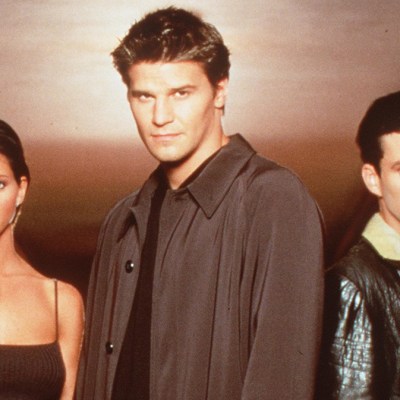
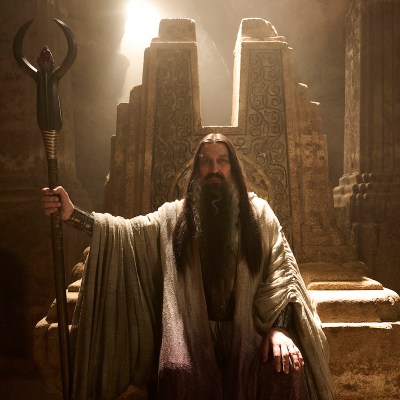
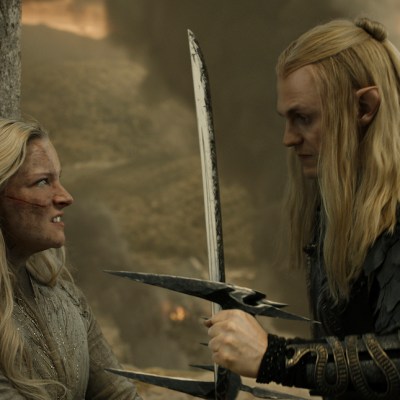





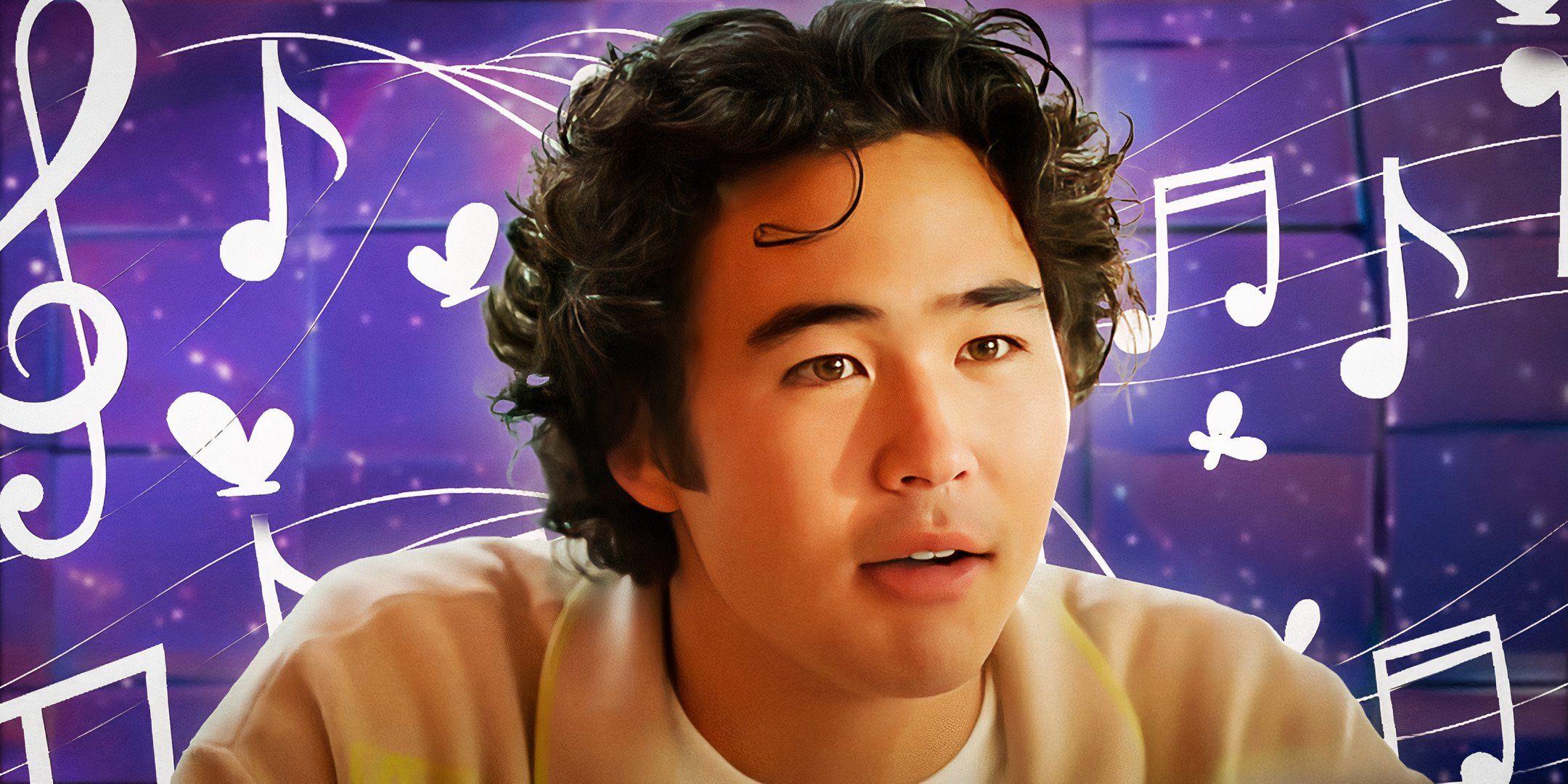

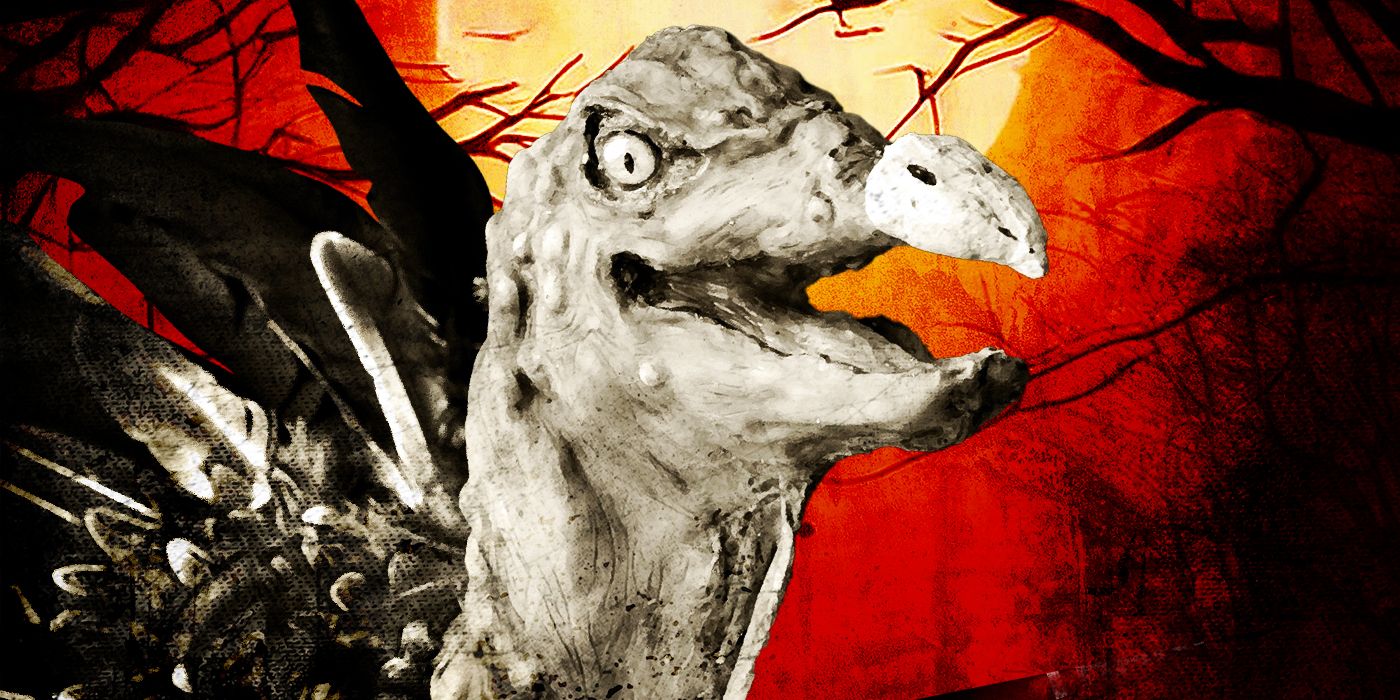


 Bengali (Bangladesh) ·
Bengali (Bangladesh) ·  English (United States) ·
English (United States) ·